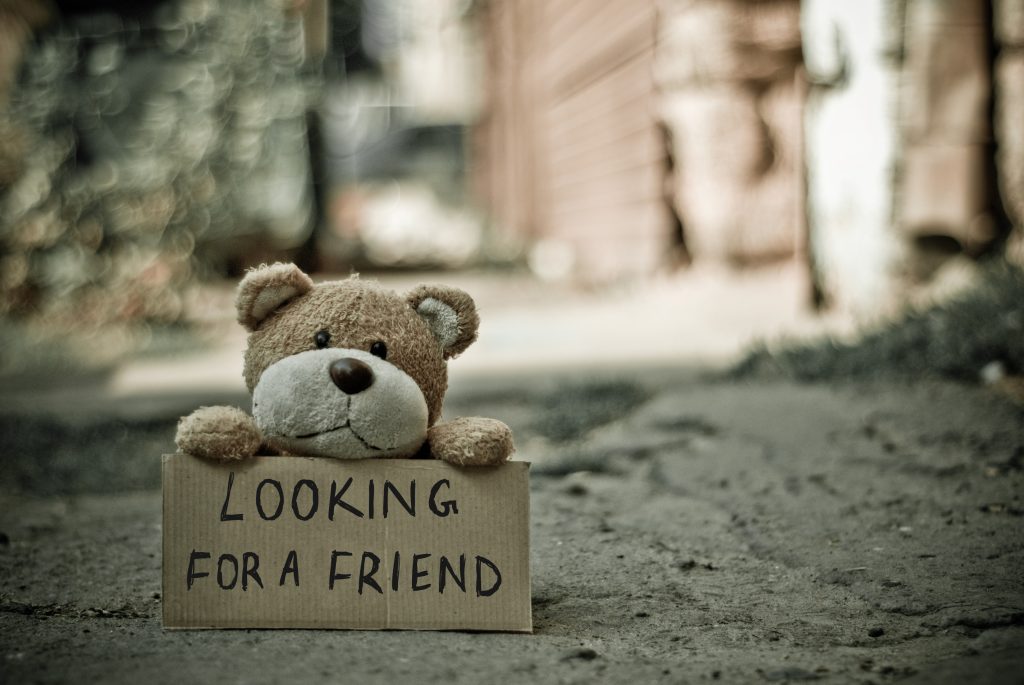Divorce is a life-altering experience that often leaves individuals grappling with a potent and persistent emotion: loneliness. The dissolution of a marriage can result in profound social upheaval, leaving many facing isolation and a sense of disconnectedness. In this comprehensive article, we will delve into the complex experience of loneliness after divorce, its far-reaching impact on mental health, and practical strategies for rebuilding social connections and emotional well-being.
Understanding Loneliness After Divorce
Divorce is more than the legal separation of two individuals; it signifies the unraveling of a shared life. Friends may feel compelled to choose sides, family dynamics shift, and individuals may find themselves inhabiting an empty home after years of companionship. These significant changes can precipitate intense feelings of loneliness and isolation.
The Shift in Social Dynamics:
During a marriage, couples often build a shared social circle. Friends, family, and acquaintances become intertwined with the partnership, and their presence may decrease after divorce. This sudden shift can leave individuals feeling adrift, as they navigate a changed social landscape.
Living Alone:
For many, divorce may also mark the first time they are living alone in years, if not decades. The silence of an empty house can be deafening, and the absence of a familiar presence can intensify feelings of loneliness.

The Impact of Loneliness on Mental Health
Loneliness is far more than a fleeting emotion; it can wield a profound impact on mental health. The emotional toll of loneliness may manifest in various ways, including:
- Depression: Prolonged and profound loneliness can contribute to symptoms of depression. Feelings of sadness, hopelessness, and an overwhelming sense of emptiness can weigh heavily on the individual.
- Anxiety: Loneliness can serve as a catalyst for or exacerbate existing anxiety disorders. Restlessness, excessive worry, and a constant sense of unease can become prominent features of life.
- Low Self-Esteem: The isolation inherent to loneliness can erode self-esteem. Individuals may start to doubt their worth, feel inadequate, and question their ability to form meaningful connections.
- Physical Health Consequences: Loneliness has been linked to physical health issues, including sleep disturbances, high blood pressure, and a weakened immune system. These, in turn, can exacerbate mental health concerns.
- Rumination: Loneliness can lead to rumination – a repetitive focus on negative thoughts and feelings. This constant mental loop can further exacerbate feelings of isolation.
Strategies for Rebuilding Social Connections
While loneliness after divorce is a natural response to significant life changes, it need not be a permanent condition. With proactive efforts and a focus on rebuilding social connections, individuals can regain a sense of belonging and emotional well-being. Here are practical strategies to consider:
- Join Support Groups: Seek out divorce support groups or social clubs specifically designed to connect individuals who are experiencing similar challenges. These groups offer a safe and understanding environment where you can share your experiences and find solace in the company of others who empathize with your journey.
- Reconnect with Friends: Reach out to old friends and acquaintances you may have lost touch with during the course of your marriage. Rebuilding connections with people who know you well can provide a sense of comfort and familiarity.
- Explore New Interests: Divorce presents an opportunity to explore new activities or hobbies that pique your interest. Engaging in such pursuits not only offers personal fulfillment but also opens doors to meeting new people who share your passions.
- Online Communities: Consider participating in online forums or social media groups focused on divorce recovery and rebuilding. These virtual communities provide a platform for exchanging experiences, advice, and support with individuals from diverse backgrounds and locations.
- Therapy: If loneliness is severely impacting your mental health, consider seeking therapy or counseling. A mental health professional can help you address underlying emotional issues, develop coping strategies, and provide a safe space for processing the challenges of divorce.
- Volunteer and Socialize: Volunteering for charitable organizations or local community events can be an excellent way to connect with others who share your values and interests. Engaging in social activities, even on a small scale, can combat isolation.
- Practice Self-Compassion: Be patient and compassionate with yourself. Loneliness is a natural response to divorce, and it’s important to acknowledge and validate your emotions without self-judgment.
- Set Realistic Expectations: Rebuilding social connections takes time, and not every interaction will lead to lasting friendships. Setting realistic expectations can help manage disappointments along the way.
- Seek Professional Guidance: If loneliness persists and significantly impacts your mental well-being, consider consulting a mental health professional who specializes in relationship transitions and loneliness. Therapy can provide valuable insights and coping strategies tailored to your unique situation.

Embracing Connection and Well-Being After Divorce
Loneliness after divorce is a challenging emotional terrain, but it need not define the entirety of your post-divorce journey. By actively seeking social connections, nurturing existing relationships, and addressing the emotional impact of divorce through therapy when necessary, individuals can transcend loneliness and rebuild their mental well-being. Remember that the process of healing is gradual, and each step taken toward fostering connection is a testament to resilience and a brighter future filled with meaningful relationships and emotional fulfillment.



